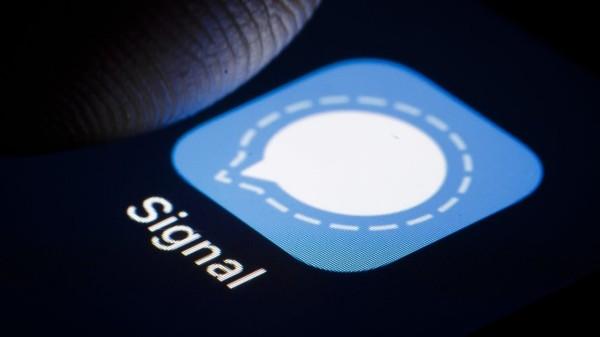“By being honest about these costs ourselves, we believe that helps provide a view of the engine of the tech industry, the surveillance business model, that is not always apparent to people,” Whittaker tells WIRED. Running a service like Signal—or WhatsApp or Gmail or Telegram—is, she says, “surprisingly expensive. You may not know that, and there’s a good reason you don’t know that, and it’s because it’s not something that companies who pay those expenses via surveillance want you to know.”
The biggest chunk of those infrastructure costs, fully $6 million annually, goes to telecom firms to pay for the SMS text messages Signal uses to send registration codes to verify new Signal accounts’ phone numbers. That cost has gone up, Signal says, as telecom firms charge more for those text messages in an effort to offset the shrinking use of SMS in favour of cheaper services like Signal and WhatsApp worldwide.
So, if SMS is finally replaced with RCS in 2024 (thank you, Apple), OR if Signal were to ditch the phone number registration altogether (and go purely with the usernames they are testing now), a big chunk or change (and user privacy) can be saved.
This may also explain why their username testing is taking place completely in parallel and is separated from the existing user base. I think users would be way happier not registering using their phone number. This would put Signal in a near perfect position for many users. Signal is run on donations.
So what funds WhatsApp, Telegram, etc then with even bigger numbers of users? Telegram is being funded by its venture capital firm Digital Fortress, advertising, merchandise sales, and premium subscriptions. WhatsApp is owned by Meta (Facebook) and is still testing out advertising. It does get income from business tools subscriptions, and of course its privacy policy still allows user data to be passed upstream to Meta. There is still the strong suspicion that the user data is being sold to third party companies, as this was part of Meta’s business model.

